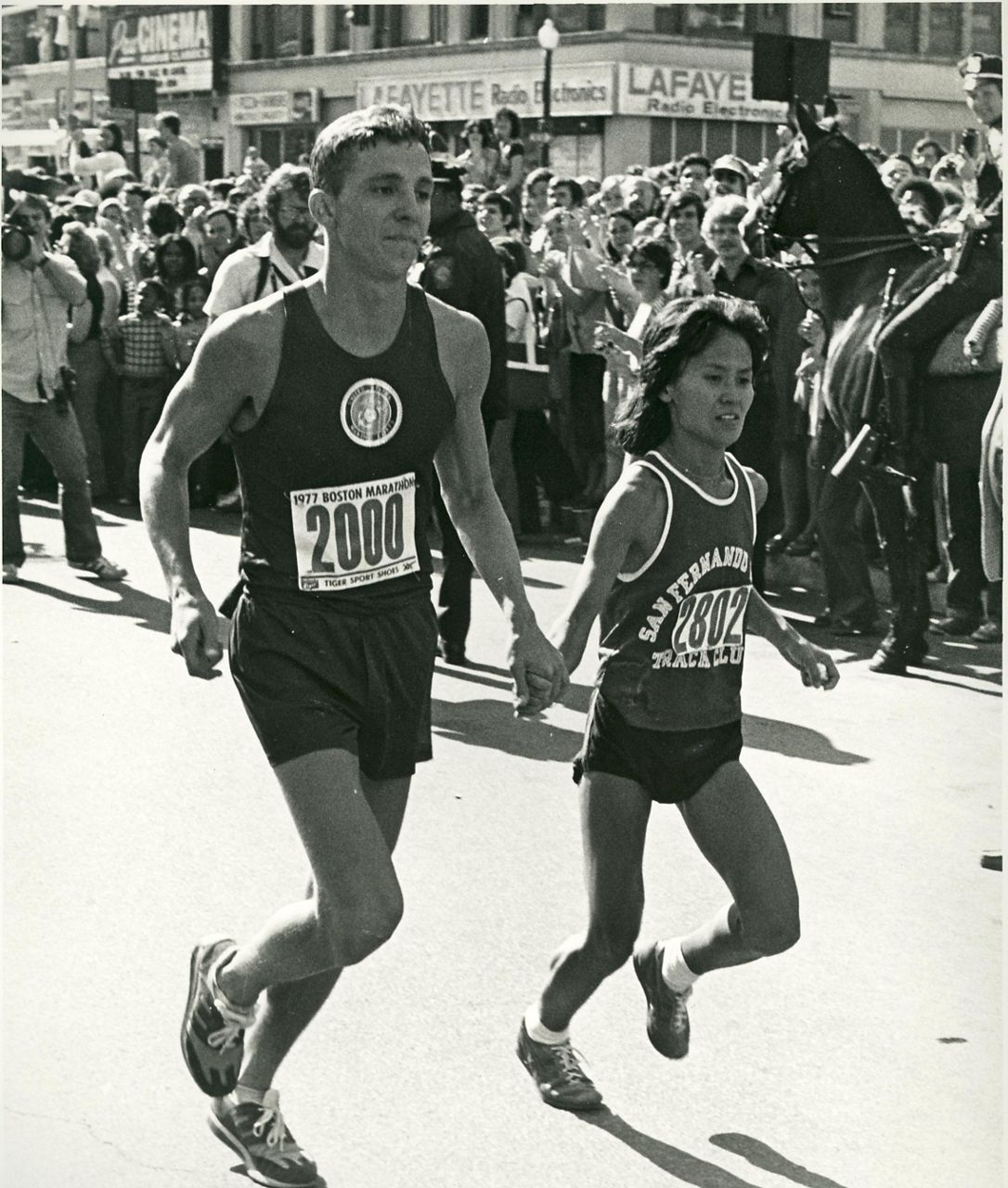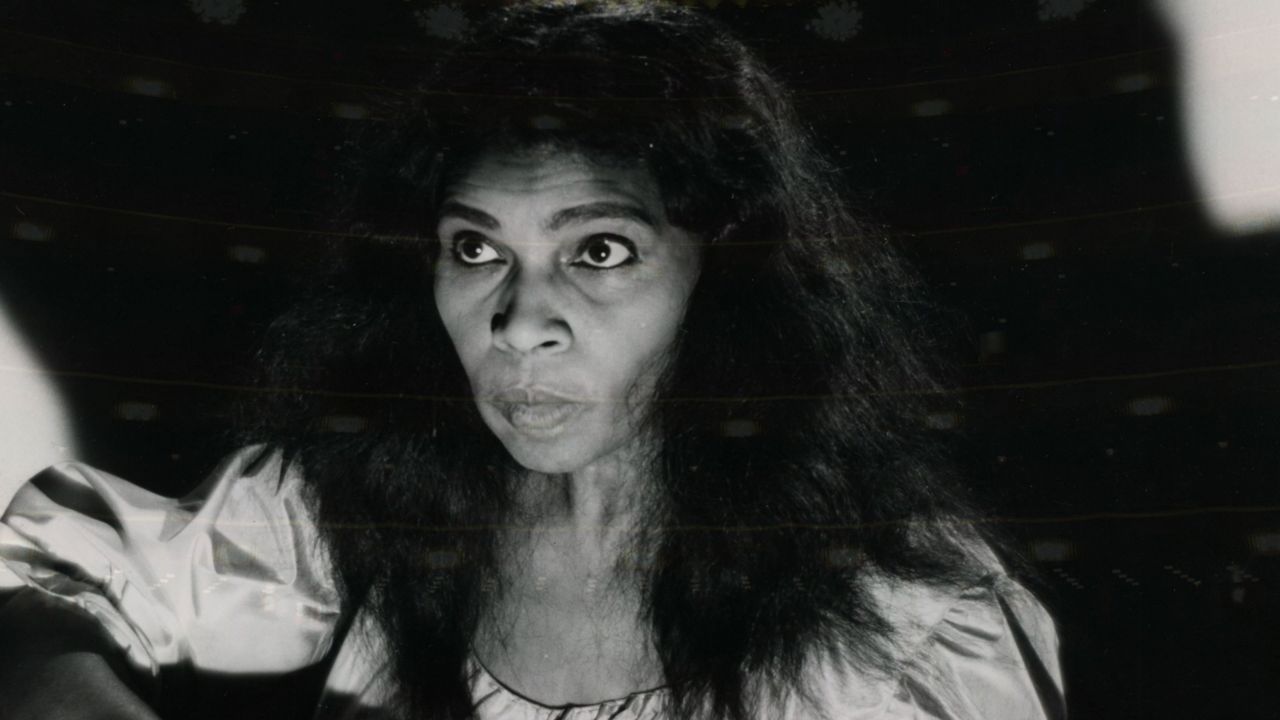As we continue to recognize Women's History Month, we honor trailblazers whose lives continue to inspire women to push the envelope. Spectrum News Anchor Bree Driscoll brings us a look at an athlete that forged a path forward for women in sports.
1976 was the first year the New York City Marathon traversed all five boroughs.
Michiko “Miki” Gorman was one of only 63 women to finish the race — 63 women out of more than 15,00 runners.
“It was not common for women to run long distances at that time at all. In fact, for a while, they weren't allowed to run,” said New York Road Runners CEO Rob Simmelkjaer.
Not only did she finish, she also won, becoming the first American woman to do so. Soft spoken and small in size, Gorman made a habit out of breaking expectations.
In a 1976 interview, Gorman, who weighed 86 pounds, was asked about her stature. She said, “Many people ask me how I can run because I am so small and fragile. But for long distances you don’t need to have a big body.”
You would think at just over five feet, Miki Gorman would get lost in the pack, but she was instead setting the pace.
“When you're that fast, you're not in that much of a crowd, you know. She's running from the front,” said Simmelkjaer.
Gorman moved to the United States in 1963 from Japan, but didn’t start running until her thirties, at the urging of her husband. She said, “My husband complained that I wasn’t athletic enough, that is why I started doing something.”
Despite a late start to her running career, Miki set records. She ran her first marathon in 1973 and won. In 1974, she won the Boston Marathon, setting a course record with two hours and 47 minutes.
Shortly after the birth of her only child, she would go on to win the 1976 New York City Marathon.

A year later she returned to Boston to win again. But her streak didn’t end there. She won the New York City Marathon for a second straight year.
“Winning the New York City Marathon twice and the Boston Marathon twice, no one else has ever done that on the female side,” said Simmelkjaer.
Gorman’s accomplishments are historic. Some of her records still stand today, and 40 years later, she serves as an inspiration — passing the baton to the next generation of elite runners.
Olympic Medalist and New York Times best-selling author Deena Kastor said, “She paved the way for me, but she paved the way for a lot of people — her dominance in the sport at such a high level, and doing it with kind of a self-motivation, and drive.”
)
She went on to say, "you can go and do big and bold things in a way that doesn't intimidate but inspires.”
Gorman held the title as the only American woman to win the New York City Marathon until her death in 2015.
In 2017, Shalane Flanagan became the second American woman to win that marathon, breaking the 40-year drought for American women runners since Gorman’s historic win.
In 2023, more than 20,000 women finished the New York City marathon, following Gorman’s footsteps.
“The people who cross this finish line, about half of them will be women, and that's really because of the trail that Miki Gorman blazed as one of the earliest runners and the first American champion of this race,” said Simmelkjaer.






